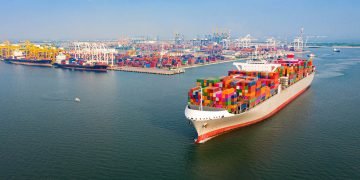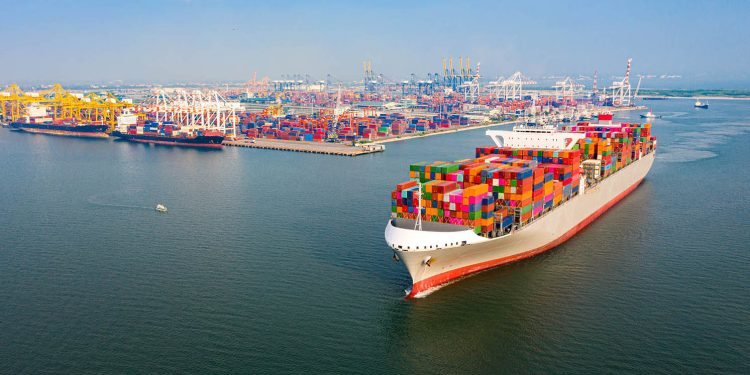By Maria Kalamatas | July 16, 2025
Santos, Brazil — July 16 — A dramatic spike in soybean shipments from Brazil’s main agricultural states is causing severe congestion at the Port of Santos, with vessels waiting up to six days for berthing and inland trucks backed up for kilometers.
“We’re seeing one of the heaviest mid-year export waves in the last decade,” said Luiz Carvalho, terminal operations manager at Tecon Santos. “This isn’t just peak season — it’s an export avalanche.”
Harvest timing and global demand collide
Unfavorable weather earlier in the year delayed harvesting in Mato Grosso and Paraná. Now, with crops maturing simultaneously and global demand strong — especially from China and the Middle East — exporters are rushing to meet contract deadlines before prices shift.
According to Brazil’s National Supply Company (CONAB), over 12 million tonnes of soybeans are projected to exit ports in July alone, nearly 30% higher than last year’s same-month average.
Port under intense pressure
The Port of Santos, already handling containers, coffee, sugar, and meat exports, is nearing its operational threshold. Bulk terminals are fully booked, and maritime agents report an average vessel turnaround delay of 4 to 6 days.
“Loading windows are tight, and any storm or technical issue creates a domino effect,” noted Julia Mendes, senior coordinator at AgriPort Logistics. “Clients are demanding penalty clauses be waived due to force majeure.”
Inland bottlenecks compound delays
Highway BR-050 leading into the port zone has become a logistical chokepoint. Thousands of freight trucks, many carrying soy and maize, are stuck for hours due to overloaded weigh stations and limited staging capacity.
Authorities have deployed additional traffic control units, but truckers warn the situation is “economically unsustainable” if prolonged.
Short-term fixes, long-term risk
To relieve the strain, some exporters are redirecting cargo to Itajaí and Paranaguá, though those ports also report increased pressure.
“This is not just about soy,” said Ricardo Torres, maritime economist at FGV São Paulo. “This disruption hits Brazil’s credibility in global trade. Without major investment in port digitalization and multimodal upgrades, it will get worse.”





















